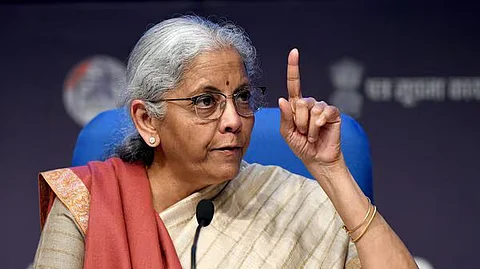

The Lok Sabha on Monday passed the Income Tax (No 2) Bill — a major overhaul set to replace the 1961 Income Tax Act — without opposition debate. INDIA bloc MPs continued protests over voter list revisions in Bihar during the session.
Finance Minister Nirmala Sitharaman first presented the bill in February, describing its guiding principles with the acronym S.I.M.P.L.E:
Streamlined structure and language
Integrated and concise provisions
Minimised litigation
Practical and transparent rules
Learn and adapt
Efficient tax reforms
A Select Committee led by BJP MP Baijayant Panda reviewed the draft and made 285 recommendations, most of which were accepted. The bill will take effect from April 1, 2026.
Simplified Framework: Cuts legal text by nearly 50% compared to the 1961 Act, which had over 4,000 amendments and five lakh words.
Tax Refund Flexibility: Refunds allowed even for late filings.
No Late TDS Penalty: Eliminates fines for delayed TDS submissions.
Nil-TDS Certificates: For taxpayers with no liability, including non-residents.
Clearer Property Rules: Standard deduction fixed at 30%; valuation based on higher of reasonable rent or actual rent received.
Pension Relief: Explicit deduction for lump-sum pensions from specified funds.
Inter-Corporate Dividend Deduction: Restored to avoid double taxation.
MSME Definition Alignment:
Micro: Investment < ₹1 crore; turnover < ₹5 crore
Small: Investment < ₹10 crore; turnover < ₹50 crore